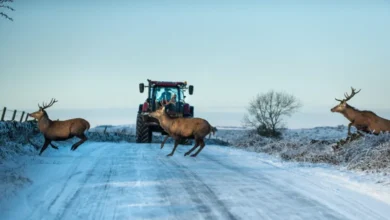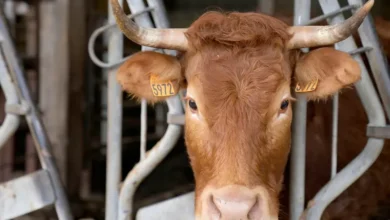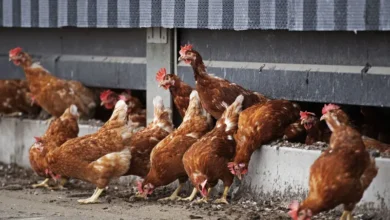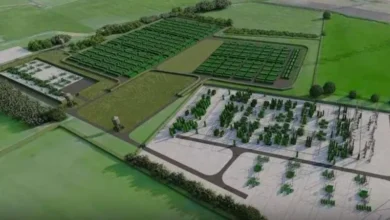Ways to save water in summer
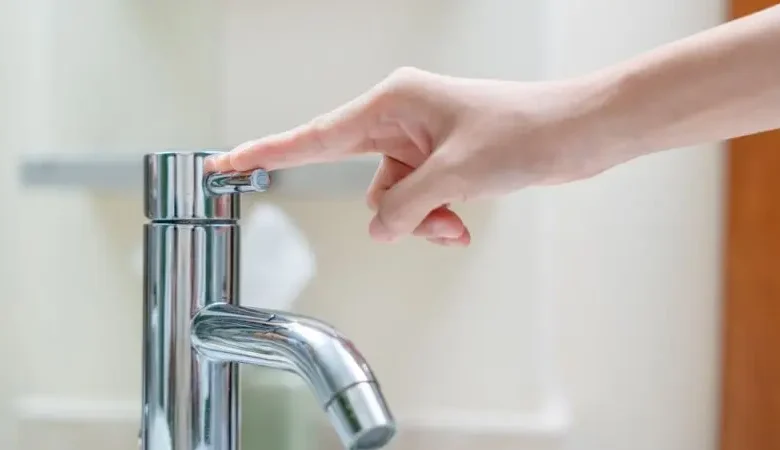
As temperatures rise during the summer, water usage tends to increase significantly. Whether it’s keeping the garden lush, staying cool, or simply quenching your thirst, water becomes a precious commodity.
However, with a few mindful practices, it’s possible to save water while still enjoying the summer months. Here are some effective ways to conserve water during the hottest season of the year:
1. Smart Landscaping
Opt for drought-resistant plants that require less water. Native plants are a great choice as they are adapted to the local climate and soil conditions. Additionally, consider using mulch in your garden beds. Mulch helps retain moisture in the soil, reducing the need for frequent watering.
2. Efficient Irrigation Systems
Invest in an efficient irrigation system, such as drip irrigation or soaker hoses, which deliver water directly to the plant roots, minimizing evaporation and runoff. Water your garden early in the morning or late in the evening when temperatures are cooler to reduce water loss.
3. Fix Leaks Promptly
A small leak can waste a significant amount of water over time. Regularly check faucets, hoses, and irrigation systems for leaks and fix them promptly. Even a tiny drip can add up to gallons of wasted water.
4. Use a Broom, Not a Hose
Instead of using a hose to clean driveways, sidewalks, and patios, use a broom. This simple switch can save a considerable amount of water. If you must use water, consider using a bucket instead of a running hose.
5. Collect Rainwater
Install rain barrels to collect rainwater from your roof. This collected water can be used for watering your garden, washing your car, or other non-potable uses. Rainwater harvesting is an excellent way to make use of a natural resource and reduce your dependence on municipal water supplies.
6. Take Shorter Showers
Showers can use a lot of water, especially during the summer when frequent rinsing off is tempting. Try to keep showers short, and consider turning off the water while lathering up. Installing a low-flow showerhead can also help reduce water usage without compromising on the experience.
7. Efficient Appliances
Use water-efficient appliances and fixtures, such as low-flow toilets, faucets, and dishwashers. These appliances are designed to use less water while maintaining performance. Look for the WaterSense label when purchasing new products.
8. Water Wisely
When watering your lawn or garden, ensure you’re not overdoing it. Overwatering not only wastes water but can also harm plants. Use a moisture meter to check soil moisture levels and water only when necessary. Water deeply but infrequently to encourage deep root growth.
9. Cover Pools When Not in Use
Pools can lose a lot of water through evaporation, especially during hot days. Use a pool cover when the pool is not in use to reduce evaporation and keep the water clean, reducing the need for frequent refilling.
10. Educate and Involve the Family
Teach family members about the importance of water conservation and involve them in saving efforts. Simple actions, like turning off the tap while brushing teeth or using a bucket to rinse off after a beach day, can collectively make a big difference.

